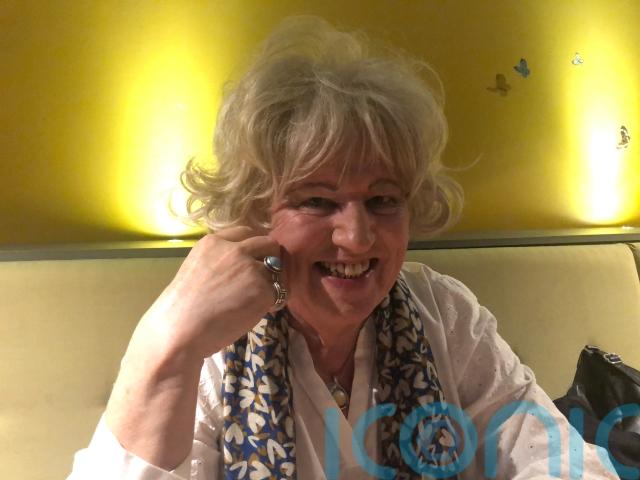
More and more trans people are turning to speech and language therapy to help them align their voice with their true self.
Many people who have transitioned find their voice – which is intrinsic to people’s identity – does not match the person they have become.
In some cases this can cause distress and mental anguish, and speech and language therapists across Scotland have reported seeing more trans and non-binary people seeking their help.

Jacqueline Wilde, from Paisley, began her transition after a lifetime of suppressing her authentic self and enlisted the help of speech therapy to help with her voice.
“Although I transitioned fairly recently, I’ve known all my life there was an incongruence and it has been a roller-coaster ride,” said the 70-year-old.
“There’s been a lot of shame and guilt over the years, but I made the decision about three years ago to socially transition and began taking hormones at the beginning of last year.
“Voice is a big component. My normal voice could be quite low and I wanted to find a way of passing (as a woman) in everyday life so I called my local hospital and was referred to a speech and language therapist.”
Ms Wilde has had six speech and language therapy sessions in six months.
“I trained as an actor and knew a bit about how the voice worked and was very interested in how speech and language therapy could help. I had speech and language therapy sessions and was shown various techniques around pitch and resonance,” she said.
“I have learned so much about my voice; about intonation, lengthening vowels and my actions when I speak. You have to practice but it’s been hugely beneficial and really given me a lot of confidence in myself.
“My voice has become naturally brighter and it’s helped me to realise more fully who I am.”
Rose Livingston, of NHS Greater Glasgow and Clyde, has worked with transgender people to help transform their voice and said: “It feels like both a privilege and a responsibility to work closely with someone and discover together where their voice will go and to see them grow in their understanding and confidence with their voice.”
Dr Sean Pert, deputy chairman at the Royal College of Speech and Language Therapists, has spent years working with trans patients and said societal change is needed so people are more accepting of the community.
“I spoke to one woman, who was very successful, very stylish, but she said as soon as she opened her mouth she would be misgendered and that she felt unsafe,” Dr Pert said.
“I’d like to turn things around and say instead of us being impressed that a trans person has changed their voice to fit in, if society was more accepting of difference, then we wouldn’t have to do as much work and people would feel safer. A bit of acceptance goes a long way.”
Subscribe or register today to discover more from DonegalLive.ie
Buy the e-paper of the Donegal Democrat, Donegal People's Press, Donegal Post and Inish Times here for instant access to Donegal's premier news titles.
Keep up with the latest news from Donegal with our daily newsletter featuring the most important stories of the day delivered to your inbox every evening at 5pm.